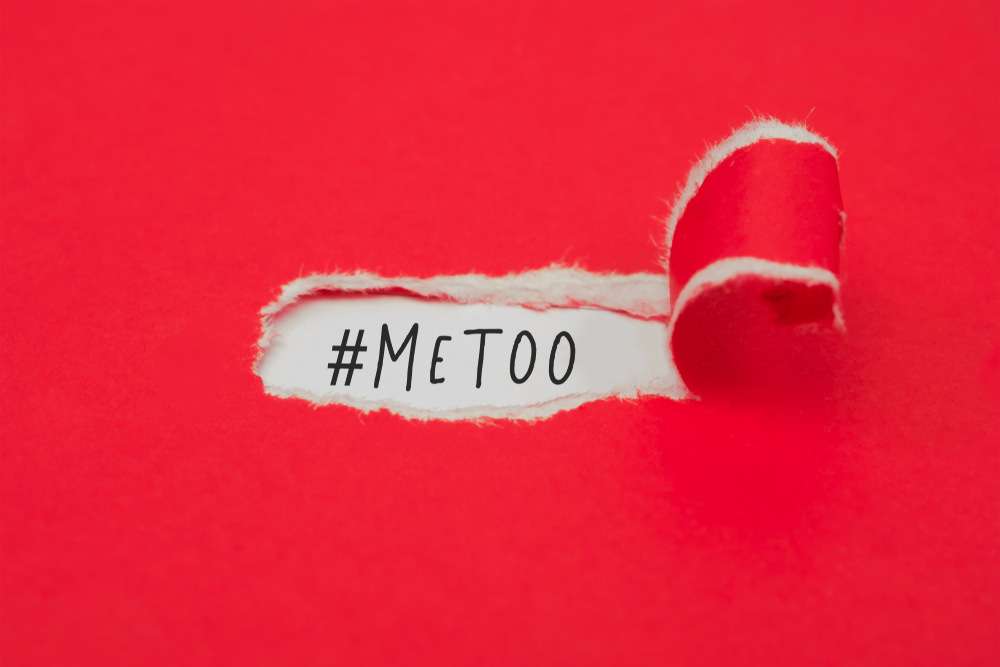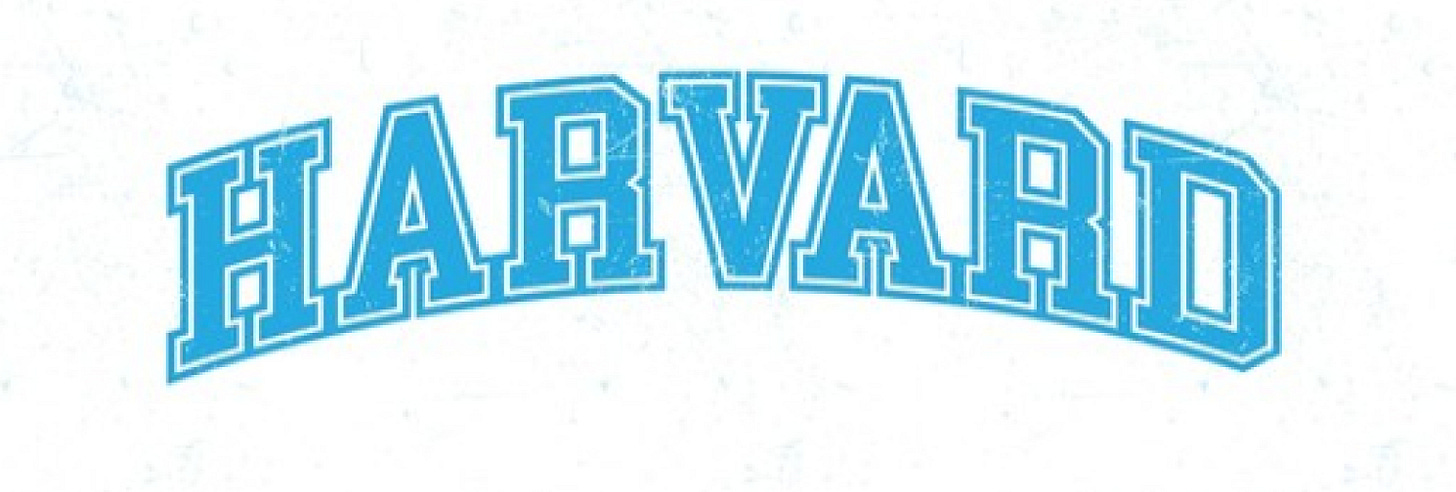E-Pluribus | November 30, 2022
For some of the accused, MeToo is far from over; the creativity of China's protesters; and a demand for free speech at Harvard.
A round-up of the latest and best writing and musings on the rise of illiberalism in the public discourse:
Ben Smith: Junot Díaz in limbo
The MeToo movement undoubtedly brought down some high profile predators, but the collateral damage to other targets of accusations is still being measured. Ben Smith of Semafor recently interviewed author Junot Díaz about his experience and what it means for others who may find themselves in the same position.
[I]n May of 2018, Zinzi Clemmons, a writer who [Junot Díaz had] met at Columbia University when she was a graduate student, stood up at a literary festival in Sydney to make allegations she detailed later on Twitter: That he’d cornered her after a campus event to “forcibly kiss” her.
[ . . . ]
When the investigators returned a few months later, board members were surprised by the findings, four told me. It wasn’t just the investigators were unable to verify the allegations of sexual misconduct. They didn’t identify allegations that board members considered charges of sexual misconduct at all.
Some of these details were clear at the time. What one high-profile accuser had described as “verbal sexual assault” took place at a dinner party whose other guests didn’t experience it that way. Another incident took place at a public event whose audio recording doesn’t sound outside the norm.
[ . . . ]
Díaz hasn’t been cast out of public life. In fact, he has returned to writing reviews for the New York Times Book Review, as clear a symbol as any that he’s retained his status as a major writer.
But the cloud remains, and there’s no real method for dispelling it.
“In our absurdly polarized media ecosystem, I think there’s an enormous pressure to take sides that keeps publications from following the truth wherever it leads,” said Deborah Chasman, the editor of the Boston Review, who resisted pressure to force Díaz off her masthead after looking into the allegations in 2018.
The publishing industry continues to tiptoe around Díaz. His longtime publisher, Penguin Random House, which reached an agreement with him in late April of 2018 to publish a children’s book, Brujita, under its Dial Books for Young Readers imprint, never sent a final contract, his agent Nicole Aragi said, and never published it.
Read the whole thing.
Chang Che and Amy Chang Chien: Memes, Puns and Blank Sheets of Paper: China’s Creative Acts of Protest
Yesterday’s Around Twitter touched on the blank-paper protests in China relating to the COVID lockdowns and, increasingly, the Chinese government’s authoritarian ways. At The New York Times, Chang Che and Amy Chang Chien report on how the protesters are using both new protest methods as well as borrowing from the past to draw attention to the plight of the Chinese people.
“People have a common message,” said Xiao Qiang, a researcher on internet freedom at the University of California, Berkeley. “They know what they want to express, and authorities know too, so people don’t need to say anything. If you hold a blank sheet, then everyone knows what you mean.”
Some protesters told The New York Times that the white papers took inspiration from a Soviet-era joke, in which a dissident accosted by the police for distributing leaflets in a public square reveals the fliers to be blank. When asked, the dissident replies that there is no need for words because “everyone knows.”
Anti-government demonstrators in Hong Kong also used blank paper in 2020, days after a national security law was passed to quash dissent. After officials and police officers repeatedly warned against chanting political slogans, many held the blank sheets of paper in shopping malls as the city was being scrubbed of protest graffiti.
During the new wave of protests in China, videos and photos of blank white papers have gone viral outside the highly censored Chinese internet. The hashtag “A4Revolution” — a reference to the size of the paper sheets — began trending on Twitter over the weekend. On Facebook and Instagram, users changed their profile photos to blank papers in support of the protesters.
Read it all.
J. Sellers Hill and Leah J. Teichholtz: Nearly 250 Harvard Affiliates Sign ‘Free Speech’ Petition Addressed to University Presidential Search Committee
Harvard’s recent track record on free speech has raised concerns both on and off campus. Now a group of students has been joined by some teachers and alumni in calling for the university’s committee in charge of looking for a new president to make free speech a priority, report J. Sellers Hill and Leah J. Teichholtz for the Harvard Crimson.
Nearly 250 Harvard affiliates signed onto a petition this month calling on the University's Presidential Search Committee to nominate a candidate who “actively affirms the importance of free speech” on campus.
[ . . . ]
According to the petition, Harvard’s intellectual climate has produced “negative and severe” effects on its reputation.
“A Harvard degree is increasingly associated with emotional and intellectual fragility; some employers have even forsworn hiring Harvard graduates,” the petition reads, citing a Wall Street Journal op-ed written by the editor of a conservative religious journal. “Harvard cannot retain the world’s respect if it is seen as an intellectual environment in which dissent from orthodoxy is punished.”
The letter also alleges Harvard’s mandatory Title IX training stifles speech by stressing the role that factors such as gender, age, and size-based discrimination play in perpetuating sexual violence.
“These concerns are certainly understandable,” the petition reads. “But since virtually every proposition about the human condition, whether from the humanities, social sciences, or biomedical sciences, could be construed as unflattering to one group or another, and hence a ‘-phobia’ or ‘system of harm,’ this stigmatization can only discourage honest inquiry.”
Read it all here.
Around Twitter
A thread from Shadi Hamid responding to a question about populism where he discusses his internal conflict regarding politics, ideology and religious beliefs:
Excerpts from a thread for those unfamiliar with the extent of the surveillance state in China:
And finally, have you been to a museum lately? If you plan to go, you might just want to leave your reading glasses at home in order to fully enjoy the experience:










